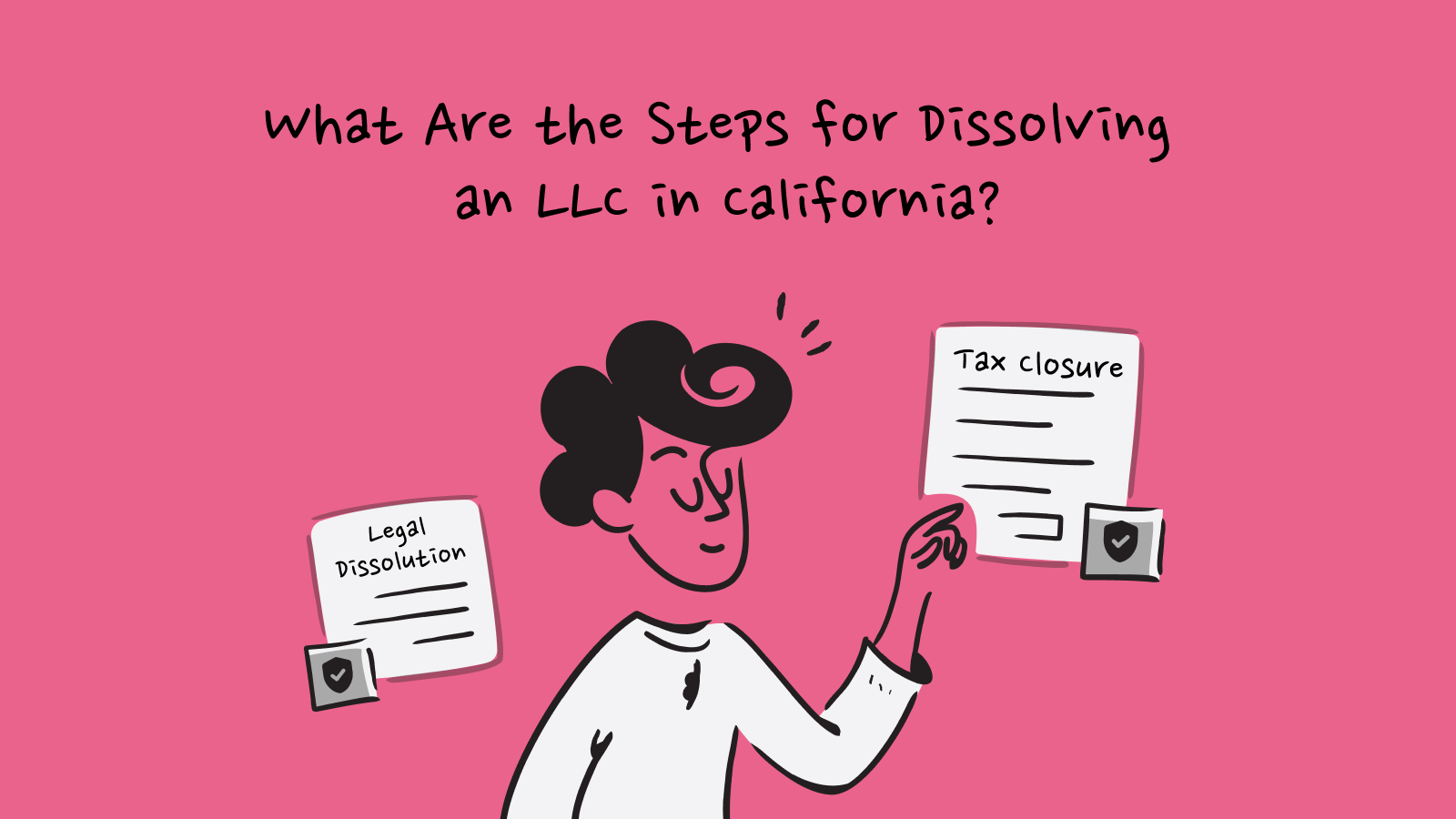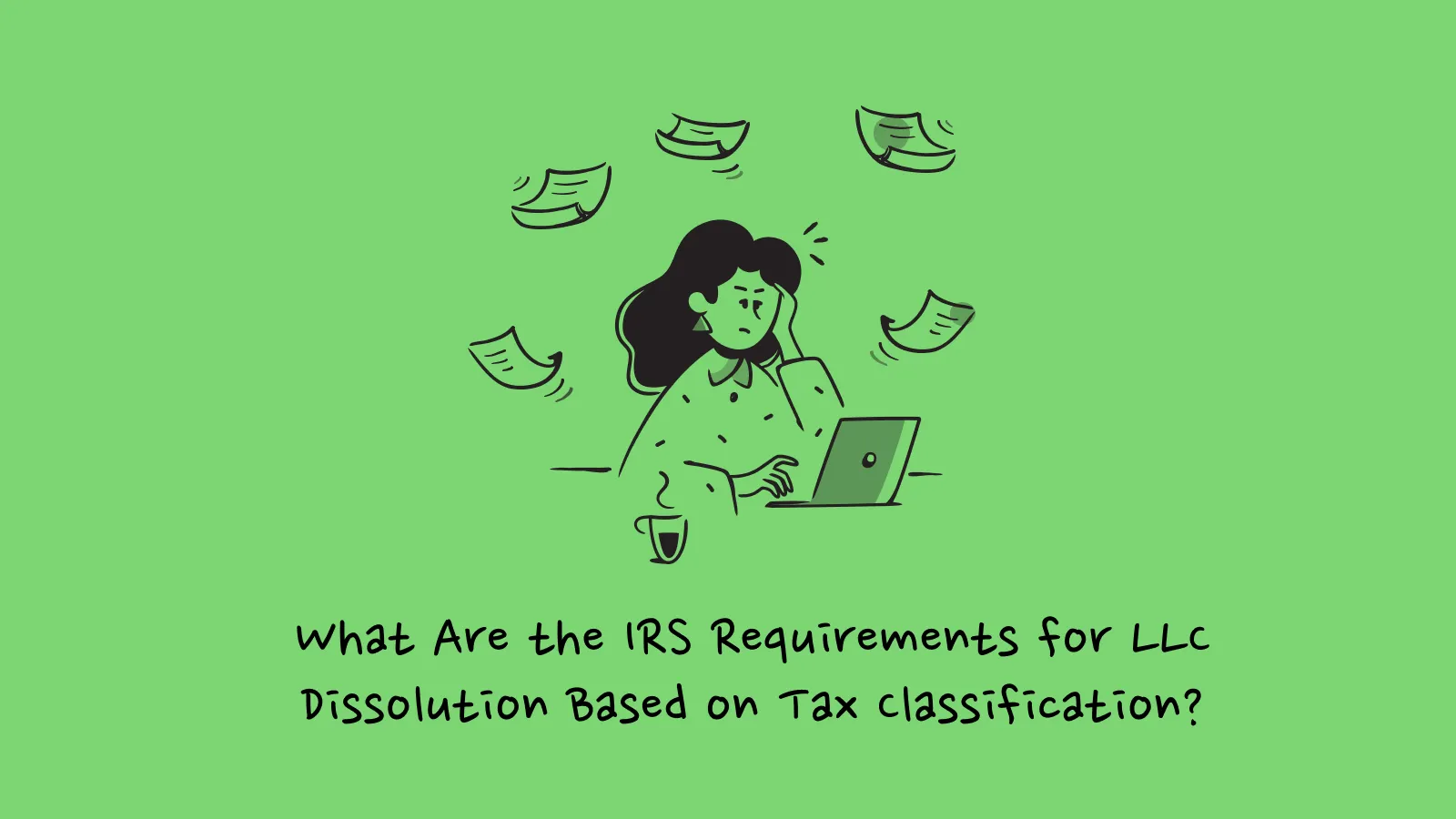What is a Tax Treaty? Why Should Startups Pay Attention?

When startups operate across borders, taxes don’t stay simple. You might invoice a client in the US from India, and suddenly face tax obligations in both countries. Without the right safeguards, your income could be taxed twice.
To solve this problem, there are tax treaties in place.
Also known as Double Taxation Avoidance Agreements (DTAAs), these are formal arrangements between two countries that help clarify where and how different types of income should be taxed.
For startups with global ambitions, it’s essential to reduce tax costs, stay compliant, and operate with confidence internationally.
What Is a Tax Treaty?
A tax treaty, also known as a Double Taxation Avoidance Agreement (DTAA), is a formal agreement between two countries that determines how income earned across borders will be taxed. These treaties are designed to prevent the same income from being taxed twice - once in the country where it’s generated (source country), and again in the country where your startup is based (residence country).
For startups, especially those billing international clients or expanding into new markets, tax treaties play a critical role in reducing withholding taxes, avoiding unexpected tax exposure, and staying compliant with local laws. They’re also essential during funding rounds and due diligence, where clean cross-border tax treatment becomes a signal of maturity.
What is the Role of DTAAs in Cross-Border Taxation?
DTAAs allocate taxing rights between countries. For example, they may specify that royalties or interest income earned by your startup abroad will be taxed only in your home country, or taxed at a reduced rate in the source country.
These treaties also clarify when your activity abroad does or doesn’t trigger tax liability. That makes it easier to operate internationally without falling into unexpected tax obligations.
How Do Tax Treaties Benefit Startups?
Tax treaties prevent double taxation and improve your ability to scale globally without unexpected tax burdens. If your startup earns revenue from international clients, pays overseas partners, or operates in multiple countries, treaty benefits can directly impact your bottom line.
Key advantages of tax treaties for cross-border operations:-
- Avoid double taxation via credit or exemption, so the same income isn’t taxed both abroad and in your home country
- Lower withholding tax on dividends, interest, and royalties, which means you retain more revenue from cross-border payments
- Establish clear rules around permanent establishment (PE), helping you understand when you owe taxes in another country and when you don’t
- Encourage investment and easier market entry, by offering tax certainty and reducing friction with local authorities
Let’s say an Indian SaaS startup earns $50,000 from a US enterprise client. Normally, the IRS may require 30% withholding that’s $15,000 gone upfront. But under the India–US tax treaty, the withholding tax on business services can be reduced to 15%, meaning only $7,500 is withheld.
The Indian startup then claims credit for that $7,500 when filing taxes in India, avoiding double taxation while improving cash flow.
What Is a Permanent Establishment?
One of the most important and misunderstood parts of a tax treaty is the concept of Permanent Establishment (PE). If your startup is considered to have a PE in another country, that country can tax the business profits you generate there. Treaties help define what counts as a PE, giving you a rulebook to follow so you don’t trigger foreign tax liabilities by accident.
PE becomes important when hiring abroad, working with contractors, negotiating deals, or opening offices. A single misstep like authorizing a local agent to close deals could create a tax burden you weren’t planning for.
Under most treaties, a permanent establishment is a fixed place of business in another country such as an office, branch, or even a long-term contract with someone who acts on your behalf. If you meet that threshold, your startup may owe corporate tax in that country, even without a formal entity there.
Treaties spell out what does and doesn’t count as a PE, so you can structure operations safely and minimize risk.
What Types of Income Do Tax Treaties Cover?
Most tax treaties don’t apply to all income the same way. Instead, they list specific categories like royalties or capital gains, and define which country gets to tax them, and at what rate. This helps startups know what to expect when receiving or paying cross-border income.
Here are Covered Income Categories under tax treaties:-
- Business profits - Income earned from selling services or products across borders
- Dividends - Earnings distributed from foreign subsidiaries or equity investments
- Interest - Payments received on cross-border loans or deposits
- Royalties and technical service fees - Income from IP, licensing, consulting, or software use
- Capital gains - Profits from selling shares, assets, or investments in another country
Treaties typically divide taxing rights between the source country (where the income is generated) and the residence country (where your business is based).
For example, the US might retain limited taxing rights on interest paid to an Indian startup but allow India to fully tax that income. In some cases, both countries can tax but the residence country gives a foreign tax credit to avoid double taxation.
How Can Startups Claim Tax Treaty Benefits?
Tax treaties only work if you actively claim them, they don’t apply automatically. To access lower withholding rates or avoid double taxation, your startup must file the correct paperwork with both the foreign tax authority and your home-country tax department. The process isn’t complicated, but it does require precision and good recordkeeping.
Here are cocumentation required at each compliance step:-
- Obtain a tax residency certificate from your home country (e.g., Indian startups need Form 10F and a TRC from the Income Tax Department).
- File treaty claim forms with foreign payers or tax authorities such as the W-8BEN-E for US clients.
- Ensure documentation aligns with treaty provisions, including the type of income, applicable article, and rates.
- Keep records ready for audit or scrutiny, including proof of income, payment trails, and treaty references.
What Are Common Challenges with Tax Treaties?
Even when a tax treaty exists, startups can run into trouble by misunderstanding how it works, or by missing a key step in the process. These issues often show up during audits, investor diligence, or while expanding into new markets.
Avoiding the most common mistakes can save time, money, and legal exposure. Here are some mistakes you should watch for:-
- Misjudging permanent establishment (PE) risk by hiring or assigning reps abroad without checking treaty rules
- Failing to submit correct treaty claim documentation, such as Form 10F or the appropriate withholding forms
- Overlooking withholding tax obligations on outbound payments made to freelancers, vendors, or partners in other countries
- Not tracking treaty updates or local rule changes, which can affect rates, documentation formats, or eligibility
For example, let’s say a Bangalore-based startup began hiring contractors in the UK and allowed one of them to negotiate pricing and close deals on behalf of the company. While the team assumed no tax was due since they had no office there, UK authorities ruled that the startup had created a dependent agent PE. The company had to pay back taxes and penalties, and revise its global hiring policy going forward.
Where Can Startups Check Tax Treaty Applicability?
Before claiming treaty benefits or entering a new market, confirm whether a tax treaty exists, what income it covers, and how to apply it. You can access treaty texts and application details from both government and third-party sources.
Here are some resources for treaty review and application:-
- India’s DTAA portal provides official treaty texts, applicable rates, and article references for over 90 countries
- IRS and global tax authority websites offer guidance, forms like W-8BEN-E, and withholding tax instructions
- Advisory firms and compliance platforms (like Inkle) offer treaty summaries, claim templates, and interpretation tools tailored for startups
If you're entering a high-stakes market, signing a large international contract, or managing recurring cross-border payments, it's worth bringing in a tax advisor. They can help you evaluate PE exposure, choose the right treaty article, and avoid errors that could lead to tax penalties or treaty denial later.
Frequently Asked Questions
What’s the main purpose of a tax treaty?
To prevent the same income from being taxed twice - once in the country where it’s earned and again where your business is based. Treaties also lower withholding taxes and define when foreign tax applies.
Can a startup claim treaty benefits automatically?
No. You must actively claim benefits by filing forms like Form 10F, providing a tax residency certificate, and complying with documentation rules in both countries.
What is a permanent establishment, and how does it affect tax?
A permanent establishment (PE) is a fixed or ongoing presence in another country that can trigger corporate tax there. Tax treaties help define what counts as a PE so you can avoid accidental exposure.
Do all countries have tax treaties with each other?
No. You’ll need to check if your home country has a treaty with the country where you’re earning or paying income. If no treaty exists, full withholding or local tax may apply.
What happens if a startup ignores PE or treaty rules?
You could face back taxes, penalties, or disqualification from treaty benefits, especially if flagged during an audit or funding due diligence.
How often do tax treaties change?
Treaties are periodically updated to reflect policy changes or international agreements. It’s a good practice to review exposures annually or whenever entering a new market.




